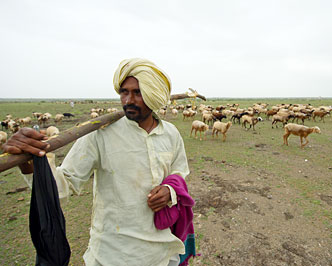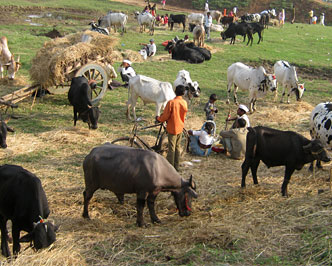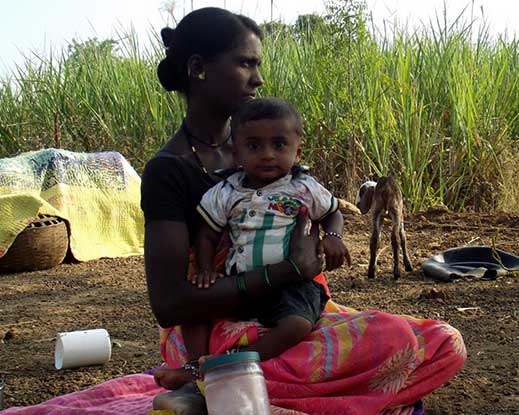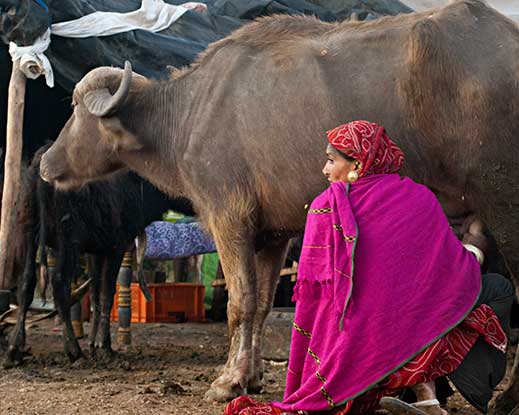IndiaZooRisk+: Using OneHealth approaches to understand and co-develop interventions for zoonotic diseases affecting forest communities in India
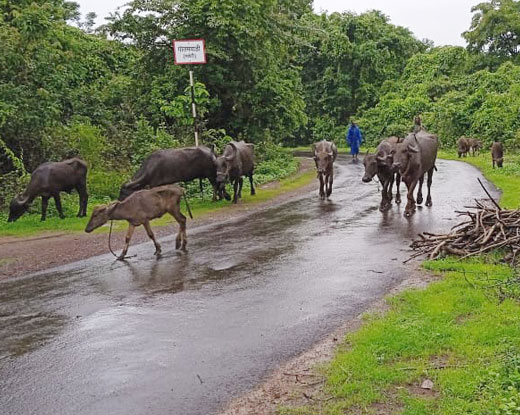
This project responds to the global health system challenge of the high and evolving burden of zoonotic diseases in tropical forests linked to complex socio-political, ecological and environmental change drivers. Forest habitats are a significant source of zoonotic diseases as they support complex ecological communities, including high wildlife host and vector diversity. Through strong engagement with affected forest communities, cross-sectoral policy makers and practitioners, and novel interdisciplinary methods, the project seeks to understand complex and interacting impacts of biological and socio-economic drivers (forest degradation, land tenure, human mobility and policy, power dynamics and knowledge sharing, belief systems and seasonal ecology) on health outcomes and spread of zoonotic diseases. It also plans to co-develop improved interventions, health system coverage and OneHealth capacity.
This transdisciplinary project led by the Centre for Ecology and Hydrology (UK) and several groups in India combines participatory and ethnographic methods, ecological and epidemiological sampling, traditional modelling15, phylogeography and Earth observation (EO) to obtain a multi-scale (community/village/district/state/region) understanding of contextual and mobility factors, co-develop health system interventions and build One Health capacity.
The three focal neglected zoonotic pathogens selected are Kyasanur Forest Disease (KFDV) caused by a tick-borne flavivirus, Scrub typhus a mite-transmitted bacterial disease (agent: Orientia tsutsugamushi) endemic throughout India and Leptospirosis, caused by pathogenic spirochaetes (genus: Leptospira) that cycle between humans and wide-ranging mammal reservoirs, particularly rodents and livestock. These diseases are grossly under-reported in India due to low awareness and policy visibility, inadequate diagnostics and surveillance and limited understanding of their epidemiology.
Anthra is specifically working with livestock rearing communities in the two districts in Maharashtra, Sindhudurg and Kolhapur.


